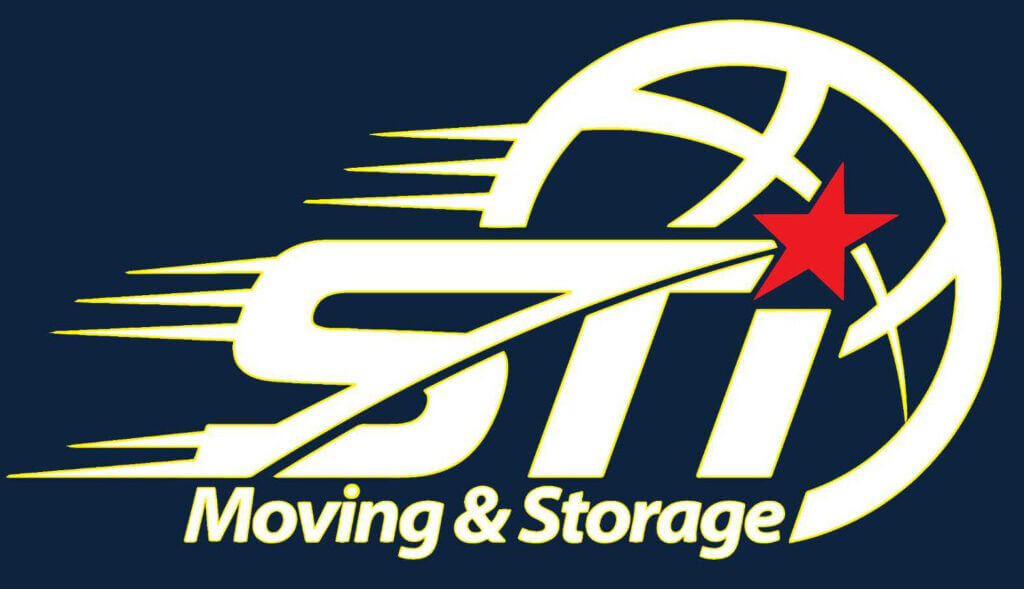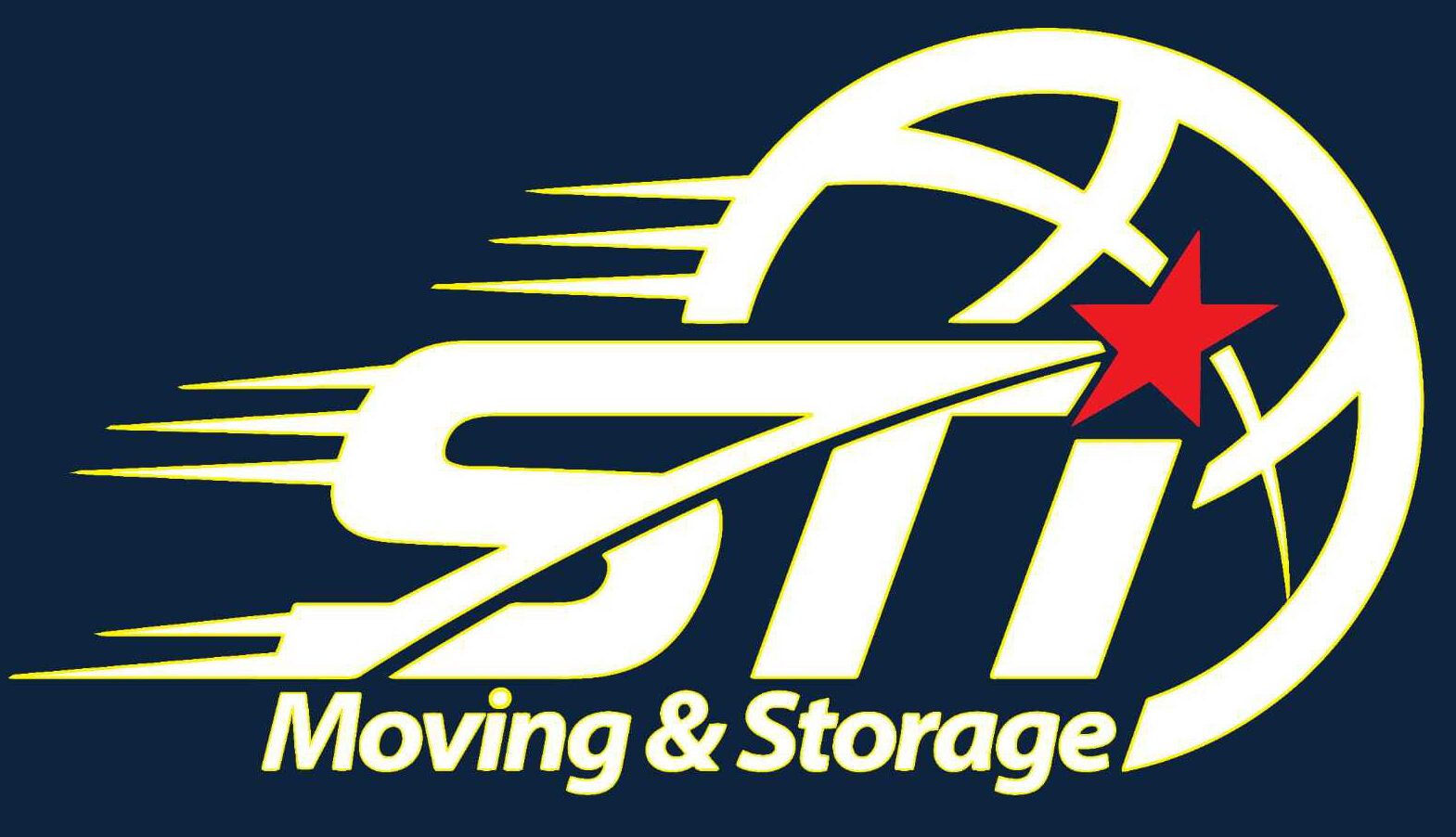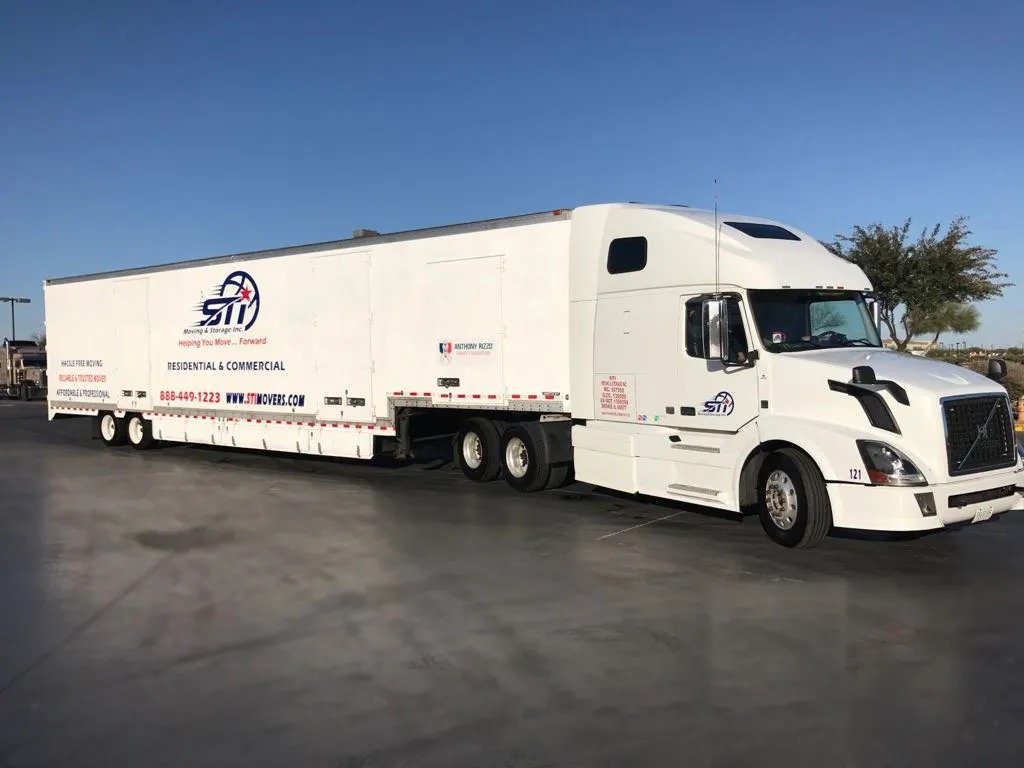One of the first and essential things to do before relocating is to, at least roughly, estimate your moving budget. If you are moving for the first time, it might be quite challenging to do it because you don’t have much information on the overall moving price. How much does moving cost? This article will help provide a clearer insight into calculating your relocation budget and the pricing you can expect from the movers.
Straight to the point: What is the average price for relocation?
When we mention the pricing, it is important to distinguish the local moves and the long distance ones. For local relocation, you can expect the pricing to go from around $300 for a small (one-bedroom) home to around $1500 for a big (four-bedroom) apartment or house. As for the long distance (cross-state) relocations, you can expect the pricing to go from around $1000 for the smallest home to about $5000 for the four-bedroom house or apartment.
How is the cost formed?
Each relocation company might have a different way to calculate the pricing, but the most common factors for determining the price are:
- Hours Spent: Local moves are often charged hourly.
- Weight of Belongings: Some companies calculate costs based on the total weight of items, particularly for long-distance moves.
- Size of the Apartment or House: Larger homes require more labor and materials.
- Moving Distance: Long-distance relocations are priced based on mileage, fuel costs, and time.
Understanding these factors helps you better prepare for cost estimates and ensures you choose the right movers for your needs.
Other factors that affect the pricing
Packing Kits and Supplies
It is a big difference whether you are buying the packing kits, getting them for free, or using old boxes and materials already at home. For a small move, reusing materials might work well, but larger homes require more supplies, which can significantly increase your budget. To save money, look for free boxes from local stores or community groups and use household items like towels and blankets for cushioning. However, for valuable or fragile items, investing in professional-grade supplies like double-walled boxes and specialty wrapping materials is a wise choice.
One of the most influential factors is the time you decide or have to move. The date is crucial, and you have to think carefully about both:
- The Time of Year: Summer months are the busiest for movers and, therefore, the most expensive.
- The Day of the Week: Weekdays are more affordable than weekends.
If your schedule is flexible, consider moving during off-peak seasons, like late fall or winter, to save on costs. Booking movers mid-week instead of on weekends can also lead to significant savings.
Relocation Dates
One of the most influential factors is the time you decide or have to move. The date is crucial, and you have to think carefully about both:
- The Time of Year: Summer months are the busiest for movers and, therefore, the most expensive.
- The Day of the Week: Weekdays are more affordable than weekends.
If your schedule is flexible, consider moving during off-peak seasons, like late fall or winter, to save on costs. Booking movers mid-week instead of on weekends can also lead to significant savings.
Professional Packers
Do you want to pack on your own or hire your relocation team to do it for you? Many people call packing services a “luxury service” because they minimize stress and time spent on organizing the relocation. Professional packers come prepared with materials and expertise, ensuring your belongings are securely packed. While convenient, hiring packers can be costly. To save money, consider a hybrid approach: pack the majority of your belongings yourself and hire professionals only for fragile or valuable items.
Special or Fragile Items
Relocating regular furniture is one thing, but moving a grand piano, antique furniture, or specialized machinery requires extra care—and extra fees. Many moving companies charge additional costs for handling heavy, fragile, or oversized items. If you’re transporting specialty items, inform the moving company upfront to receive an accurate quote. Compare multiple movers to find a company with experience in handling your specific needs at a reasonable price.
Moving Insurance
Pricing can also depend on the level of insurance coverage you need. Most moving companies provide basic liability coverage, but this often reimburses only a fraction of the item’s value in case of damage. For high-value or specialty items, consider purchasing additional insurance for better protection. Check your existing homeowners or renters insurance policy to see if it covers moving-related damages, as this could reduce the need for added coverage.
Tips for Managing Your Moving Budget
- Get Multiple Quotes: Reach out to several moving companies for quotes to compare prices and services.
- Declutter Before Moving: Reducing the volume of items you move can significantly cut costs.
- DIY Where Possible: Packing yourself or renting a moving truck can save money for smaller, local moves.
- Plan for Extra Costs: Include expenses like tips for movers, food on moving day, and temporary storage in your budget.
- Book Early: Locking in your moving company well in advance can help you secure better rates and availability.
Conclusion
Estimating your moving budget doesn’t have to be overwhelming if you know what factors influence the cost. From the size of your home and the distance of your move to the time of year and additional services like packing or insurance, each decision impacts your overall expenses. By researching costs, decluttering, and making strategic choices, you can manage your budget effectively and ensure a smooth relocation. Whether you’re moving locally or cross-state, planning ahead will save you time, stress, and money. Good luck with your move!



